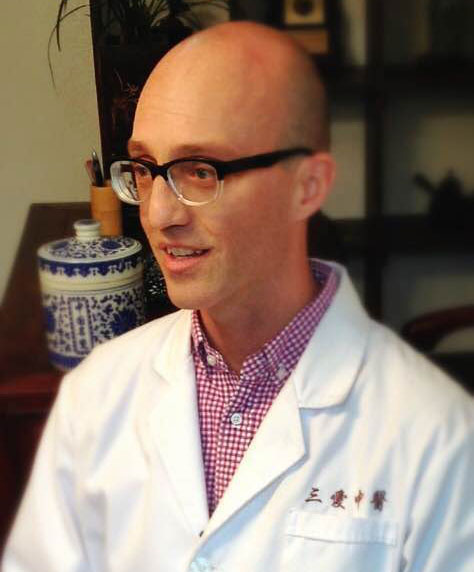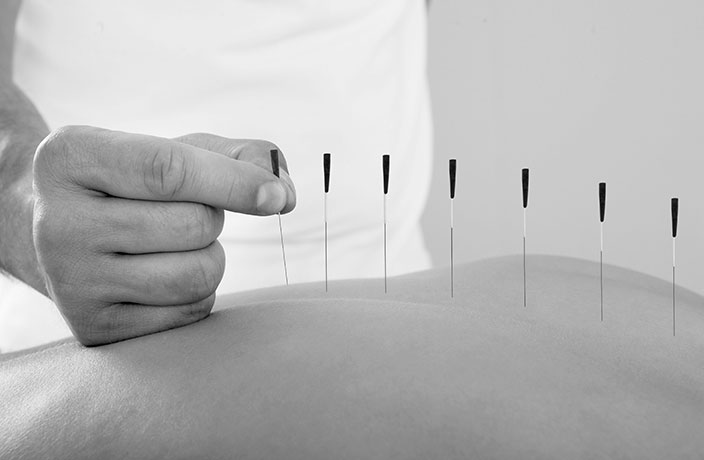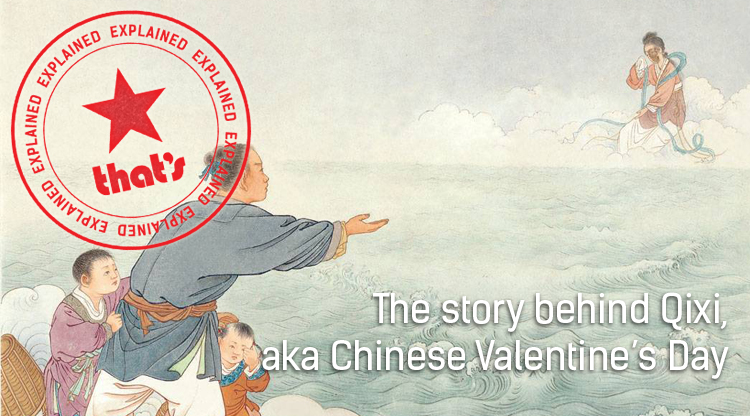This is part of our 'Pain Treatment in China' series.
Evan Pinto is one of the few Westerners practicing traditional Chinese medicine (TCM) in Shanghai. Having been based here since 2012 after graduating from the Pacific College of Oriental Medicine in New York City, Dr Pinto has been part of the team at Shanghai Trinity TCM Clinic and an instructor at Shanghai University of TCM.
According to Dr Pinto, about 75 percent of the patients who come to see him have some sort of pain-related issues, such as migraines, muscle aches from sports injuries, chronic wrist and elbow-related problems as a result of practicing yoga, and menstrual pain.
"The reason why most people want use TCM for pain management is either because they want to try something natural and stay away from pharmaceutical drugs, or they've already tried Western biomedicine and it didn't help," Pinto tells us. The elemental foundation of TCM is to balance the yin with the yang, as well as to promote the healthy movement and circulation of qi (energy) within one's body. "If there's no movement of qi, there's pain," Dr Pinto explains. "A TCM doctor's job is to figure out where the blockage is and get the qi flowing again."
"The reason why most people want use TCM for pain management is either because they want to try something natural and stay away from pharmaceutical drugs, or they've already tried Western biomedicine and it didn't help."
As a licensed acupuncturist and board certified herbalist, these are the two main methods Pinto uses to treat pain. In most courses of treatment, he uses a combination of both disciplines. He explains: "Acupuncture starts the healing process from the outside while herbs attack the problem from the inside. When the two meet, wellbeing and harmony are achieved."

Dr Evan Pinto, Shanghai Trinity TCM Clinic
Pinto likens all the acupuncture points in the body as keyholes with different functions, while the needle acts as the key. Doctors, who are familiar with each point in the body, turn on certain functions when they insert the key into the keyhole to eliminate the blockage of qi. "In each session, we usually only work on eight or nine acupuncture points, and as the course of treatment progresses and according to the patient's condition, we work on different points at different times."
TCM doctors study more than 600 herbs and 400 different formulas, each with anywhere from three to 12 herbs, that are designed to help promote the flow of qi via the digestion and bloodstream. "A lot of opiate-based painkillers used in Western biomedicine attack only the symptoms, but when you stop taking them, the pain comes back, whereas in TCM, if the formula is administered correctly, it's meant to get rid of the symptoms completely while taking care of the root cause as well," says Pinto.

A course of treatment for pain, according to Pinto, generally lasts about three to four months. "Qi changes in your body on a seasonal basis. We have to take into consideration other factors in the surrounding environment and adjust the qi accordingly."
Find out more about Dr. Evan Pinto’s work on his WeChat account @TCMDrEvanPinto
See more stories in our 'Pain Treatment in China' series.






















1 User Comments